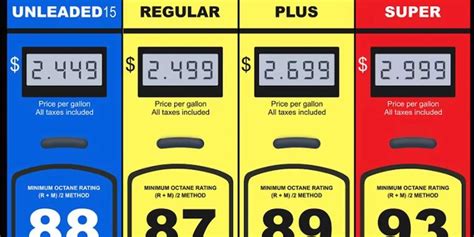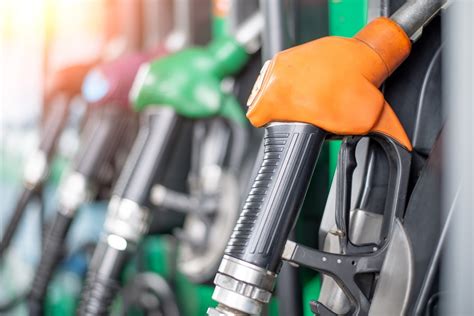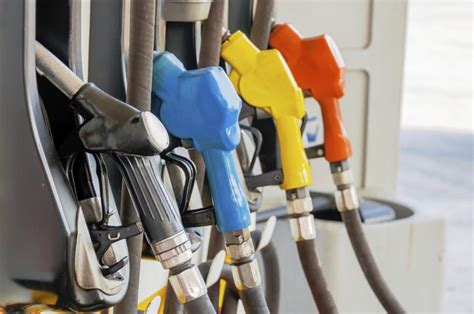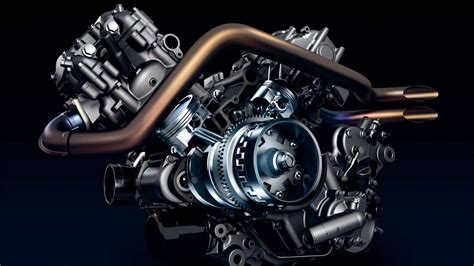Unraveling the Octane Mystery at the Pump
Every time you pull up to a gas station, you’re faced with a choice: regular, mid-grade, or premium. For many drivers, the decision is often shrouded in misconceptions, leading to questions like, “Will premium fuel give my car more power?” or “Will using premium save me money in the long run?” This article aims to clear the air, dissecting the true differences between fuel grades and helping you make an informed decision for your vehicle and your wallet.
What is Octane and How Does It Work?
The octane rating on a fuel pump, such as 87 for regular or 91-93 for premium, is not a measure of the fuel’s energy content or ‘power.’ Instead, it indicates the fuel’s resistance to pre-ignition, also known as ‘engine knock’ or ‘pinging.’ In an internal combustion engine, the air-fuel mixture is compressed before being ignited by the spark plug. If the fuel ignites prematurely due to excessive compression or heat – before the spark plug fires – it causes an uncontrolled combustion event that works against the piston’s motion. This ‘knock’ can lead to decreased efficiency, reduced power, and, over time, significant engine damage.

Higher octane fuels are formulated to withstand greater compression before spontaneously igniting, making them suitable for engines designed with higher compression ratios or forced induction (turbochargers and superchargers). These engines operate under more extreme pressures and temperatures, requiring fuel that resists premature detonation.
The Octane Myth: Power and Performance
A common misconception is that filling up with premium fuel will automatically give your car more horsepower or better acceleration. For the vast majority of vehicles, especially those designed to run on regular 87-octane gasoline, this simply isn’t true. Modern cars are equipped with sophisticated engine control units (ECUs) and knock sensors. If you put premium fuel into a car designed for regular, the ECU won’t magically unlock extra power. It will simply operate as intended, burning the higher-octane fuel efficiently without any noticeable performance boost because the engine isn’t designed to utilize that extra knock resistance.

Conversely, if you put regular fuel into a car designed for premium, the knock sensor will detect the early combustion events. The ECU will then adjust ignition timing and other parameters to prevent knocking, protecting the engine from damage. While this protects the engine, it can result in a slight reduction in power and fuel efficiency. It’s a compensatory measure, not an enhancement.
Does Premium Fuel Improve Fuel Economy or Save Money?
The idea that premium fuel offers better miles per gallon (MPG) for all cars is another persistent myth. For vehicles specifically engineered for regular gasoline, using premium will almost certainly not improve your fuel economy. Since premium fuel generally costs 15-20% more per gallon than regular, any negligible, unprovable gain in efficiency would be easily outweighed by the higher price, leading to increased costs, not savings.

The only scenario where premium fuel might indirectly contribute to ‘saving money’ is by preventing engine damage in a vehicle that explicitly requires it. By following the manufacturer’s recommendation for premium fuel, you ensure optimal engine performance and longevity, avoiding costly repairs that could arise from chronic knocking caused by using lower-octane fuel.
When Premium Fuel IS Necessary
So, when should you opt for premium fuel? The answer is straightforward: when your car’s manufacturer explicitly recommends or requires it. This is typically the case for:
- High-performance vehicles: Sports cars, luxury vehicles, and many performance-oriented sedans.
- Engines with high compression ratios: These engines squeeze the air-fuel mixture more intensely, necessitating higher octane fuel to prevent pre-ignition.
- Forced induction engines: Turbocharged and supercharged engines force more air into the cylinders, increasing pressure and temperature, thus requiring fuel with greater knock resistance.

In these specific cases, using the recommended premium fuel ensures that your engine operates as designed, delivering its intended power and efficiency while preventing potential damage. Ignoring these recommendations can lead to reduced performance, decreased fuel economy, and long-term engine wear.
The Bottom Line: Check Your Owner’s Manual
The definitive source for what fuel to use in your vehicle is your owner’s manual. Most manufacturers will clearly state the recommended fuel type, often found under a section related to fuel, specifications, or engine. Some vehicles may state “premium fuel recommended” while others might say “premium fuel required.” If it’s recommended, you might get a slight, almost imperceptible performance boost by using premium, but your car will run perfectly fine on regular. If it’s required, using anything less than premium can lead to the issues mentioned above.
![[100+] 4k Laptop Car Wallpapers | Wallpapers.com](/images/aHR0cHM6Ly90czIubW0uYmluZy5uZXQvdGg/aWQ9T0lQLkUzSU5SWlI4SVNKSzRQVkZZR3dHOUFIYUVLJnBpZD0xNS4x.webp)
In conclusion, for the vast majority of modern vehicles designed to run on regular 87-octane gasoline, opting for premium fuel is an unnecessary expense that offers no tangible benefits in terms of power, performance, or fuel economy. Only use premium fuel if your vehicle’s manufacturer explicitly requires or strongly recommends it, to ensure optimal engine health and performance.




